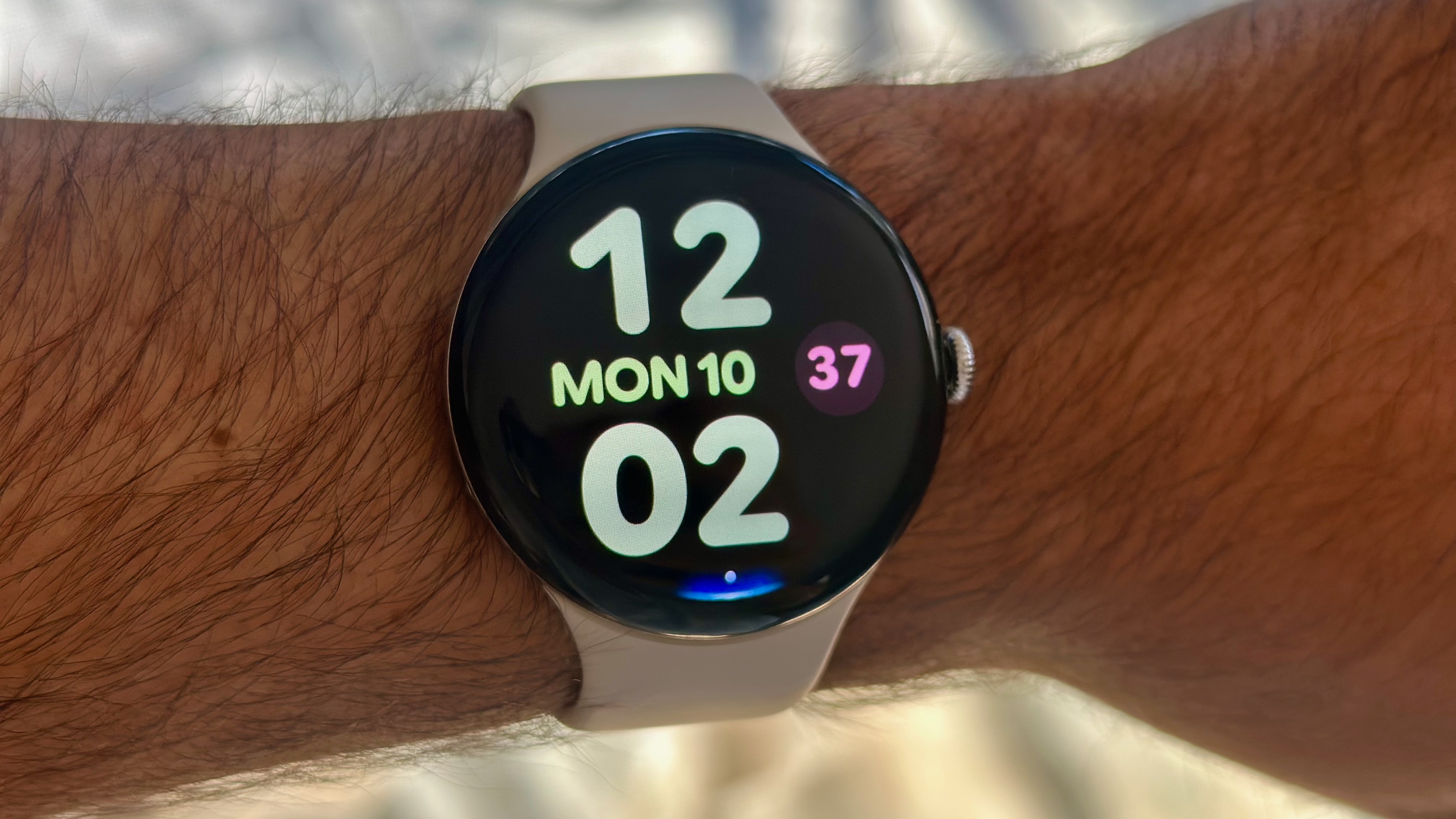Why Google's AI health coach might not attract traditional Fitbit users
Google has said that Pixel Watches ARE Fitbit watches. But the new Fitbit AI coach would have a wider audience with more watches.
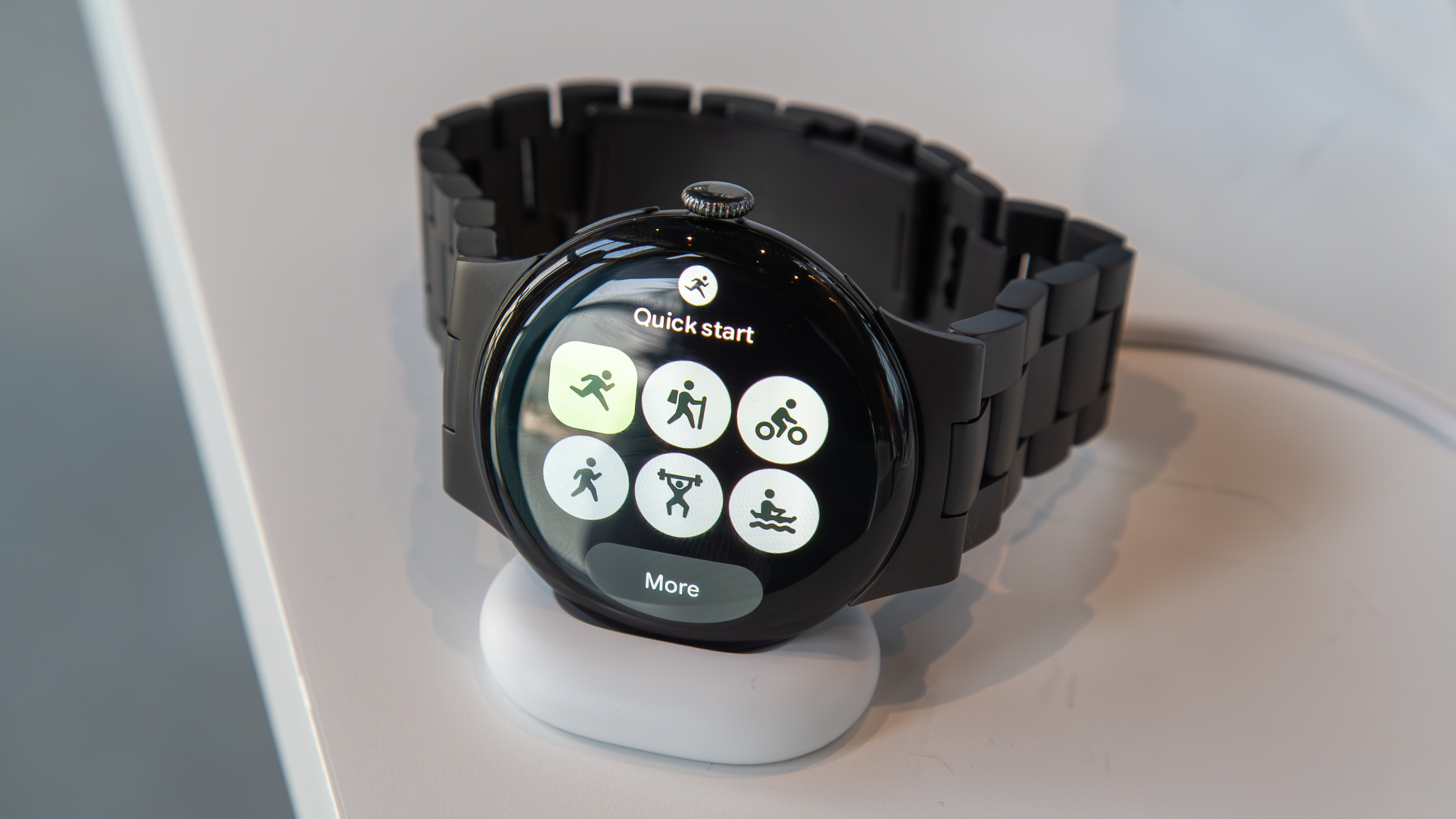
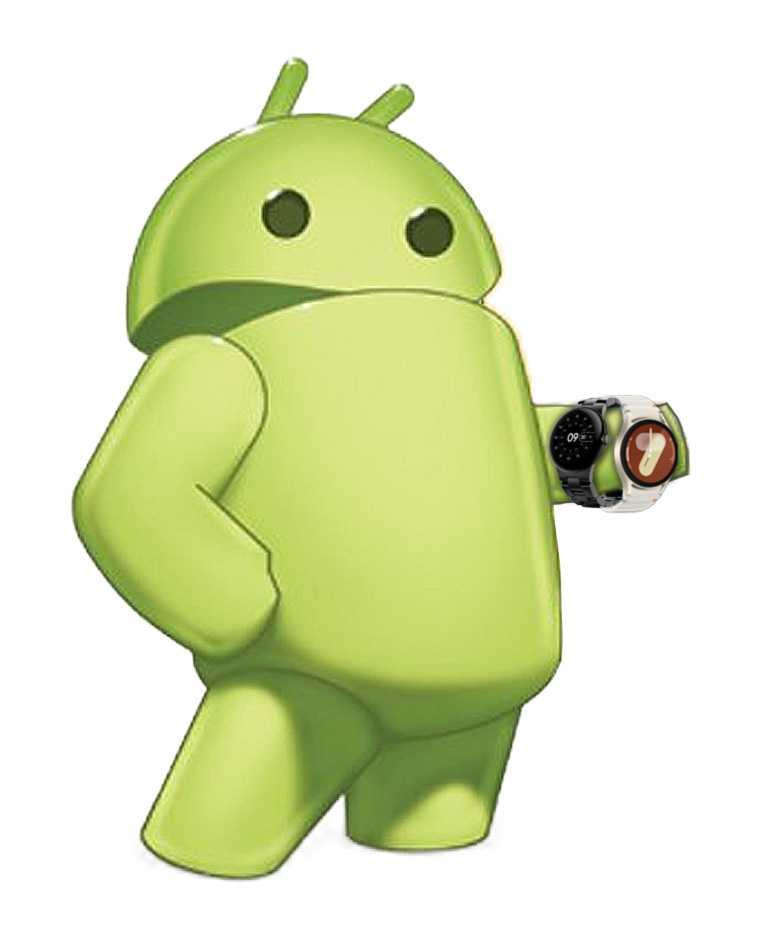
My weekly column focuses on the state of Wear OS, from new developments to the latest apps and features.
Google's new AI personal health coach will put your health, sleep, and workout data through a Gemini blender and spew out personalized training recs. Pixel Watch 4 and Fitbit watch owners will get to try it out in October, but this AI tool has unearthed an old bone I have to pick with Google: why can't new Pixel and Fitbit watches exist at the same time?
Around the Pixel Watch 3 launch, Engadget asked Google if we'd ever see a "Fitbit-branded smartwatch" again. Google said Pixel Watches are its "next iteration of smartwatch for Fitbit" and that Fitbit hardware would focus on "minimalistic, long-lasting trackers" like the Inspire 3 moving forward.
You can still buy the 2022 Fitbit Sense 2 or Versa 4 and feed Fitbit's new AI with HR, sleep, stress, and cardio load data. A Google spokesperson told me that the newest and best Fitbits "give the personal health coach the most information to work with."
However, the spokesperson wouldn't comment on whether these old Fitbits would provide the "full" coaching experience. Aside from the Pixel Watch 4 having more accurate data with dual-band GPS and newer HR/sleep algorithms, only the latest Pixel Watches will import the AI coach's custom workouts onto your wrist for guidance.
Google has every right to push its Pixel Watches as the best smartwatch experience for athletes. However, I still think this strategy excludes many people who'd love a Fitbit coach but prefer a classic Fitbit watch.
Why the Fitbit AI coach sounds so intriguing
After telling Gemini your current workout goals, the Fitbit AI health coach will generate training plans with weekly benchmarks to hit. You'll receive a workout plan tailored to your unique goals and fitness level, which adjusts automatically based on your sleep quality, cardio load, and other factors.
On top of that, you can ask Gemini for advice on sleep, training, or health and have it "analyze your trends" to provide a personalized answer, instead of the generic response most fitness chatbots give.
Get the latest news from Android Central, your trusted companion in the world of Android
Best of all, you can simply explain that you're not feeling well or have an injury, and the AI will shift your training plan accordingly, such as swapping an hour of HIIT to 30 minutes of yoga because of high sleep debt.
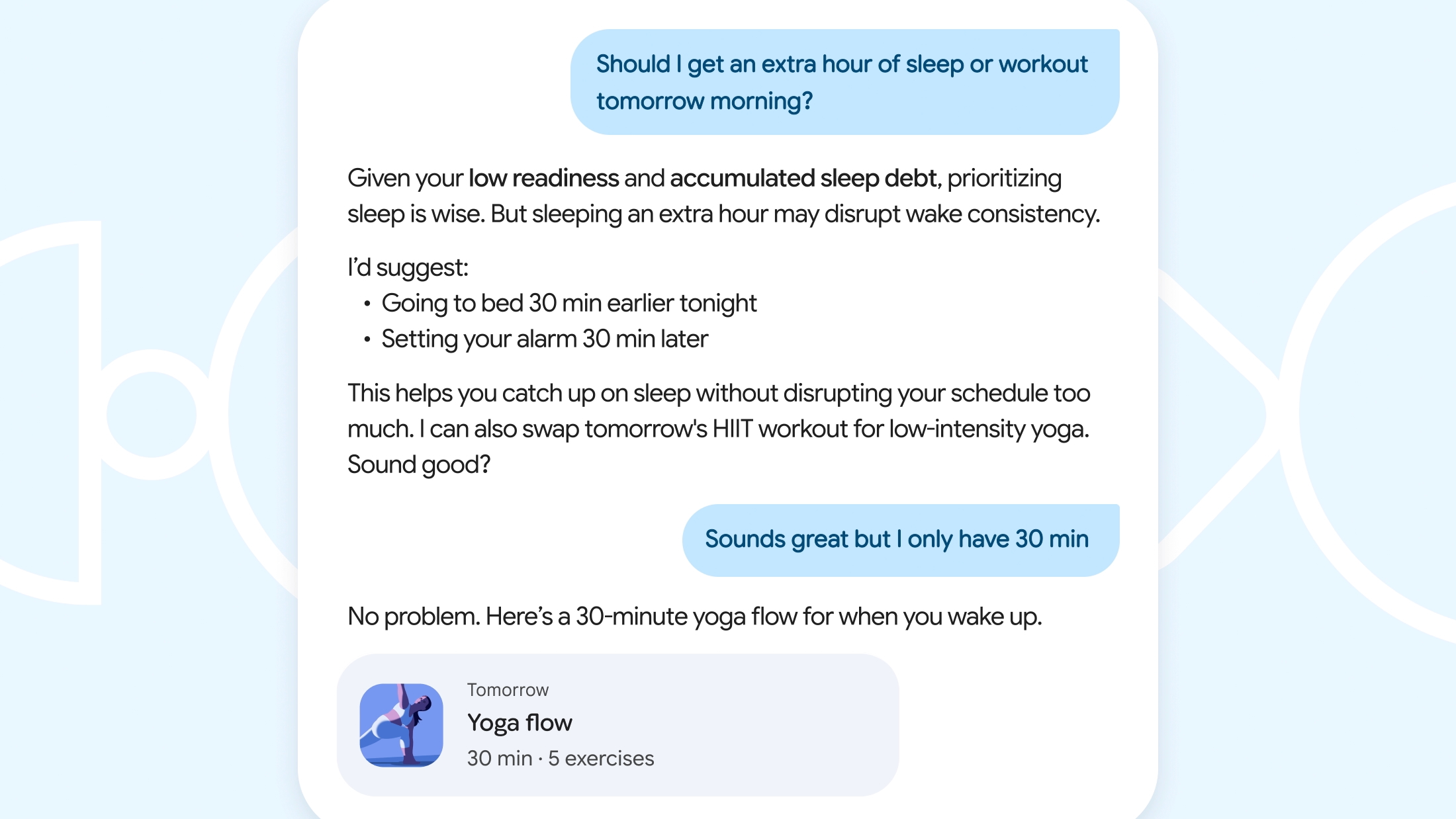
Smartwatches with personalized workout suggestions are rare. Garmin watches have daily suggested workouts and personalized training plans. What could give Fitbit an edge, however, are these "real-time check-ins and adjustments."
My Garmin Forerunner 970 can adjust my workout suggestions if my cardiovascular or muscular load is too high. But its algorithm can't detect things like sickness, an injury, or pregnancy that prevent you from following its plan; nor can you easily change out a specific workout if you're busy.
To be able to tell Fitbit, "Can you push my track workout to Friday and give me an easy run for today?" and have your schedule update in seconds feels dynamic enough to justify the subscription cost, if it works as advertised.
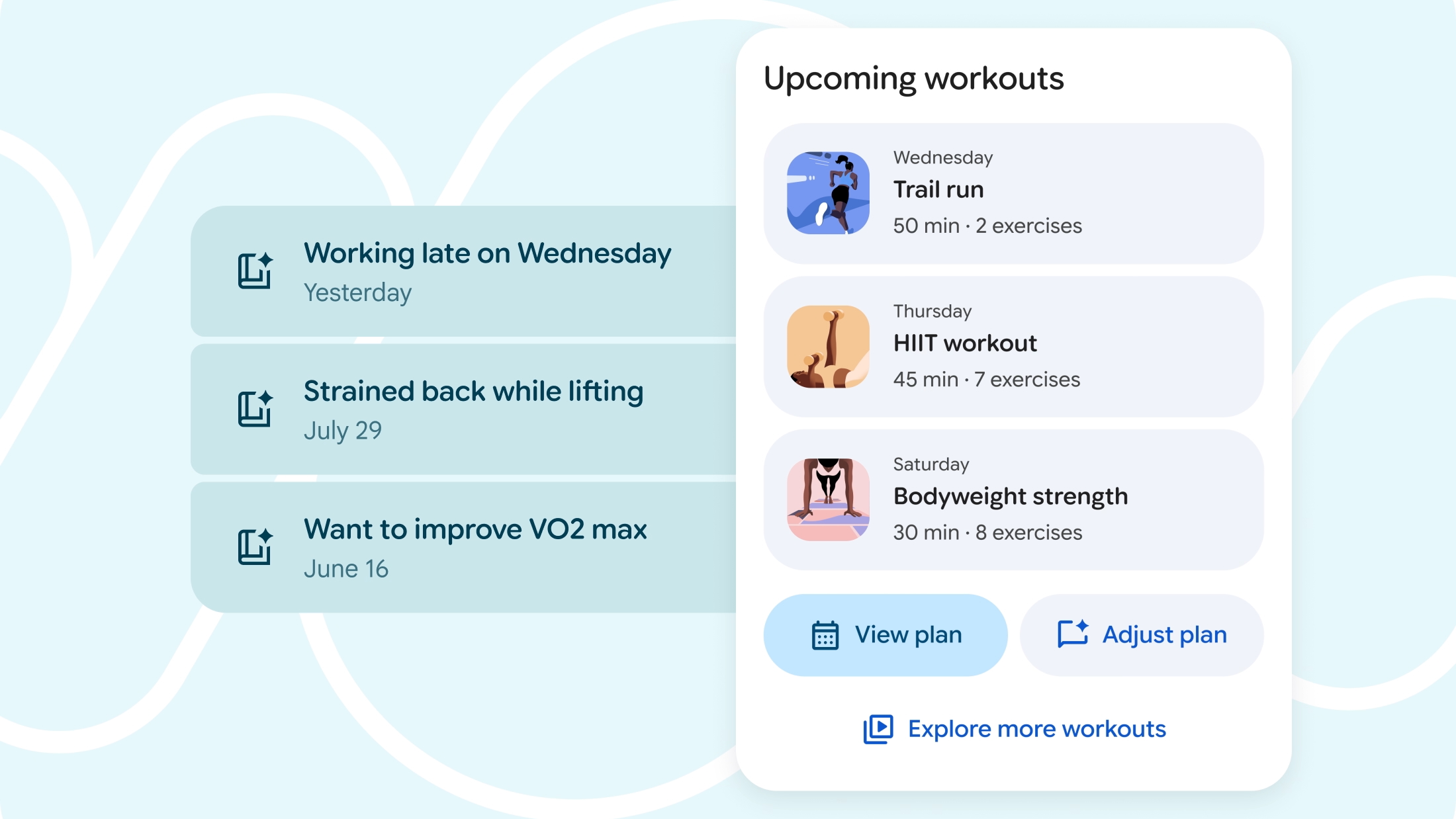
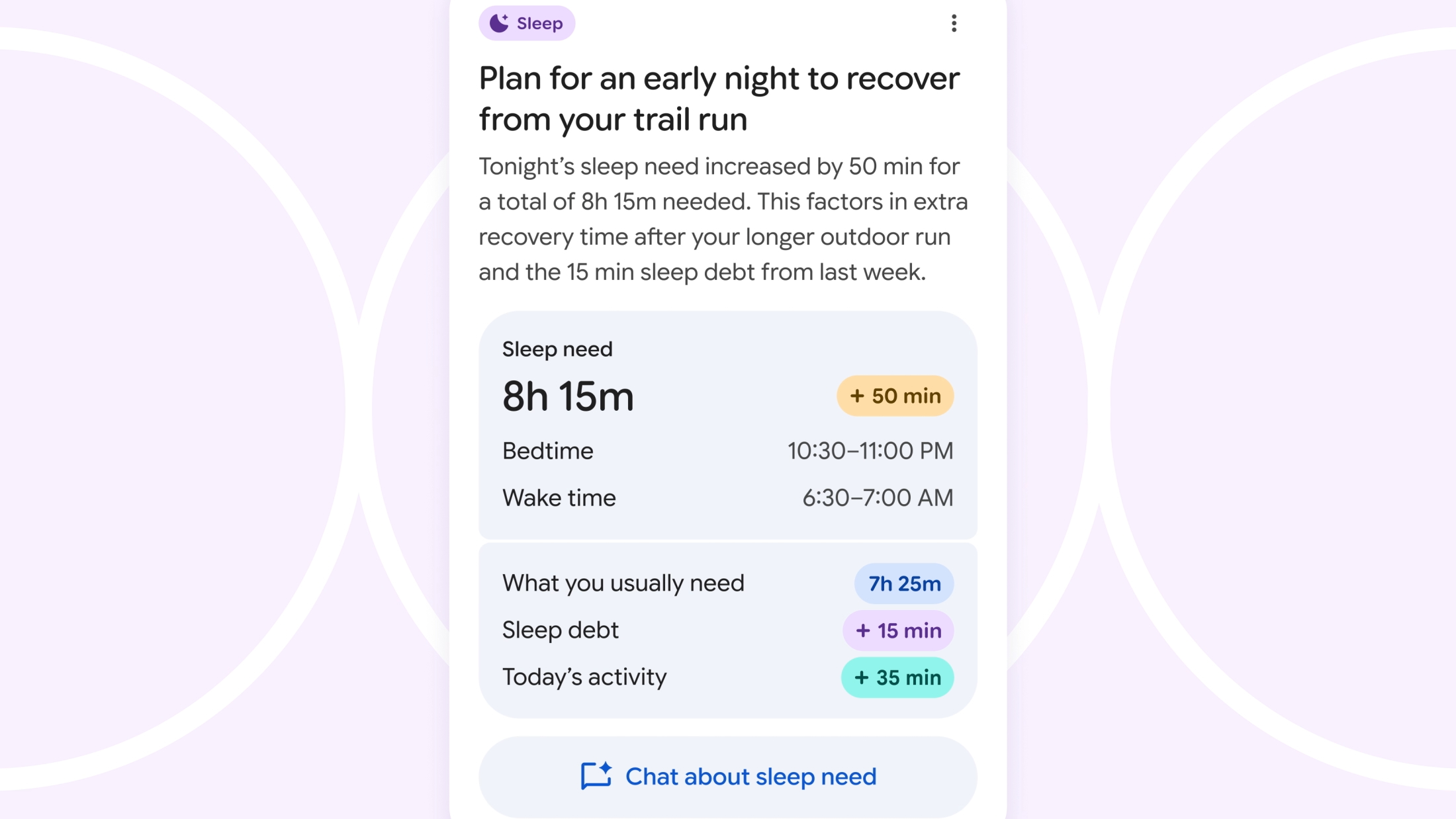
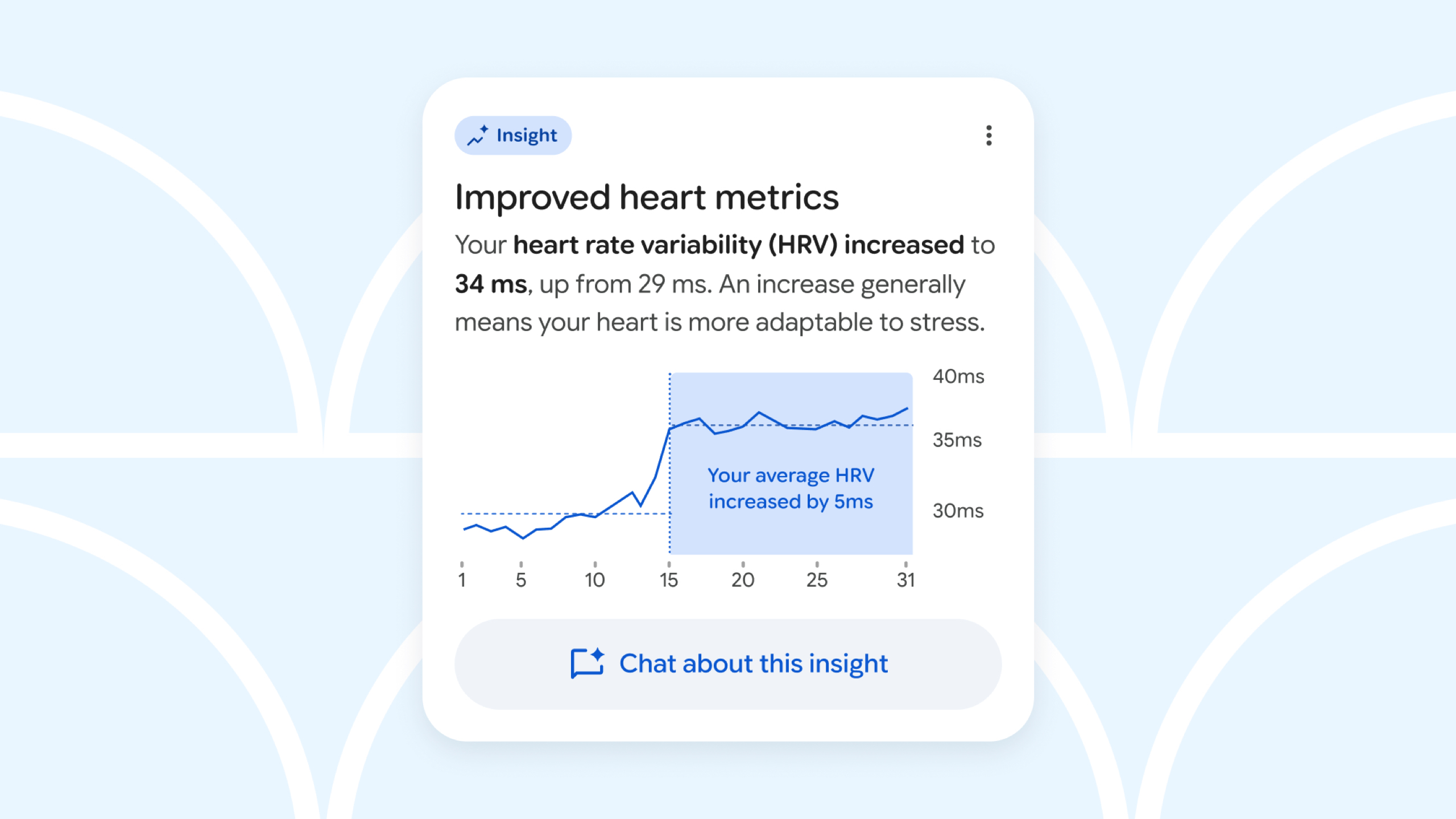
Google doesn't have much AI fitness competition. Garmin Connect Plus and Strava's Athlete Intelligence incorporate your workout stats into chatbot summaries, but Strava's Runna plans and Garmin Coach have no equivalent way to "talk" to them or swap to a new workout rec easily.
Samsung reportedly plans to launch an AI Health Coach this year, which can incorporate your Galaxy Watch 8 health data and doctor's recommendations for healthcare guidance, facilitated by a chatbot. The stakes are lower for Google's fitness- and wellness-focused AI, which could make it easier to pull off.
That's why Fitbit's personal coach seems so promising, and why it's a shame more people won't get a chance to try it.
Some people just don't want a 'smartwatch'
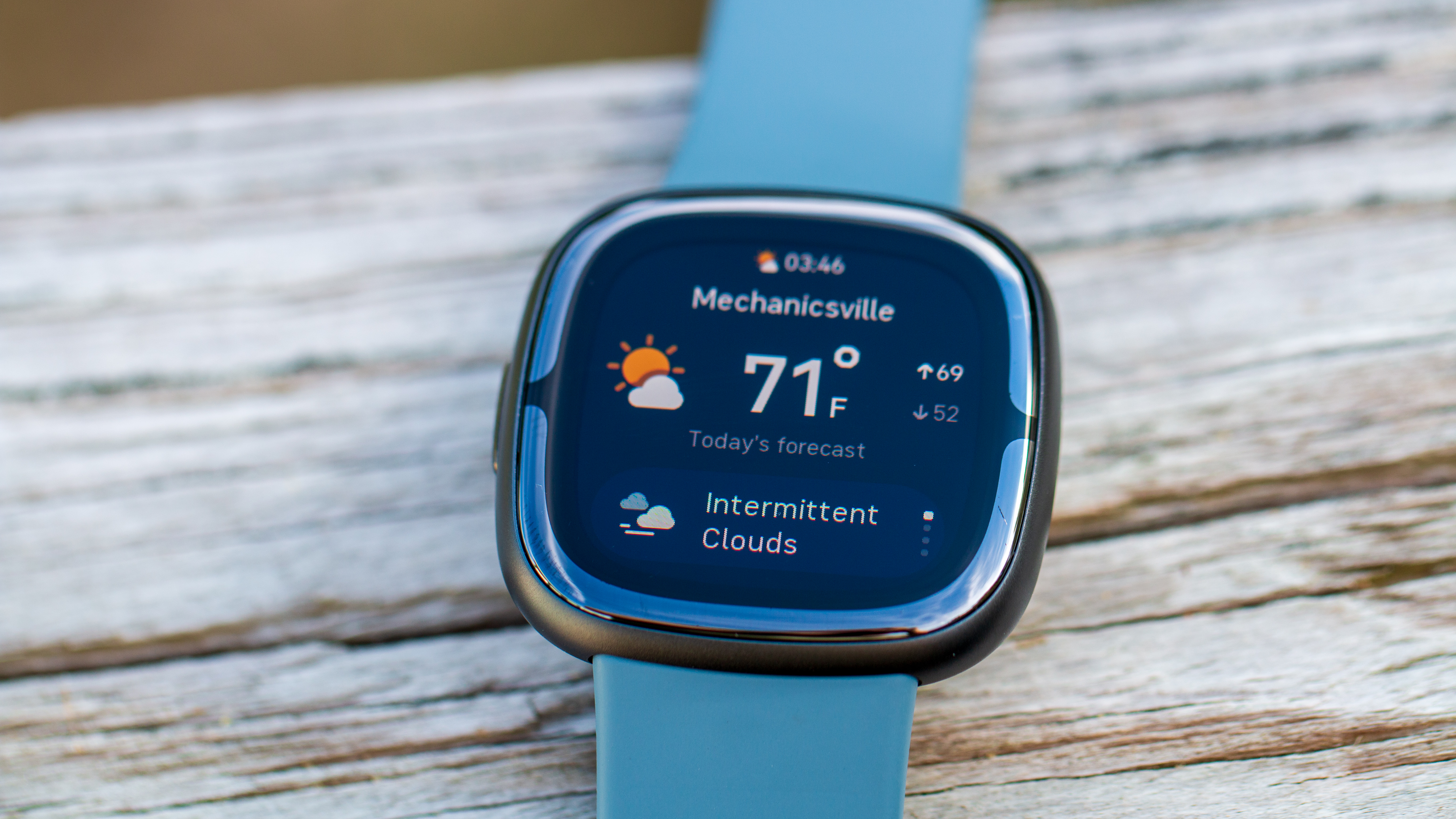
Fitbit used to dominate wearable sales charts, but fell behind as people shifted away from Charge-style fitness bands to smartwatches and cheaper fitness watches. It was last ranked 10th on Counterpoint's sales list in 2022, down from 7th in 2021. Nowadays, Huawei, Xiaomi, Apple, and Samsung take nearly two-thirds of total sales (per IDC), while Garmin has crept into fifth.
I'm not saying it'd be easy for Fitbit to compete with these international brands. But Garmin does well selling painfully expensive watches to athletes on the strength of its training recommendations and watches that last for weeks per charge. Fitbit watches target a different demographic, but with similar perks.
Fitbit's personal health coach could ride the wave of AI popularity, but the ChatGPT crowd it would resonate with may use iPhones or a different Android brand, and wouldn't try a Pixel Watch linked with Pixel phones as readily as a standalone Fitbit.
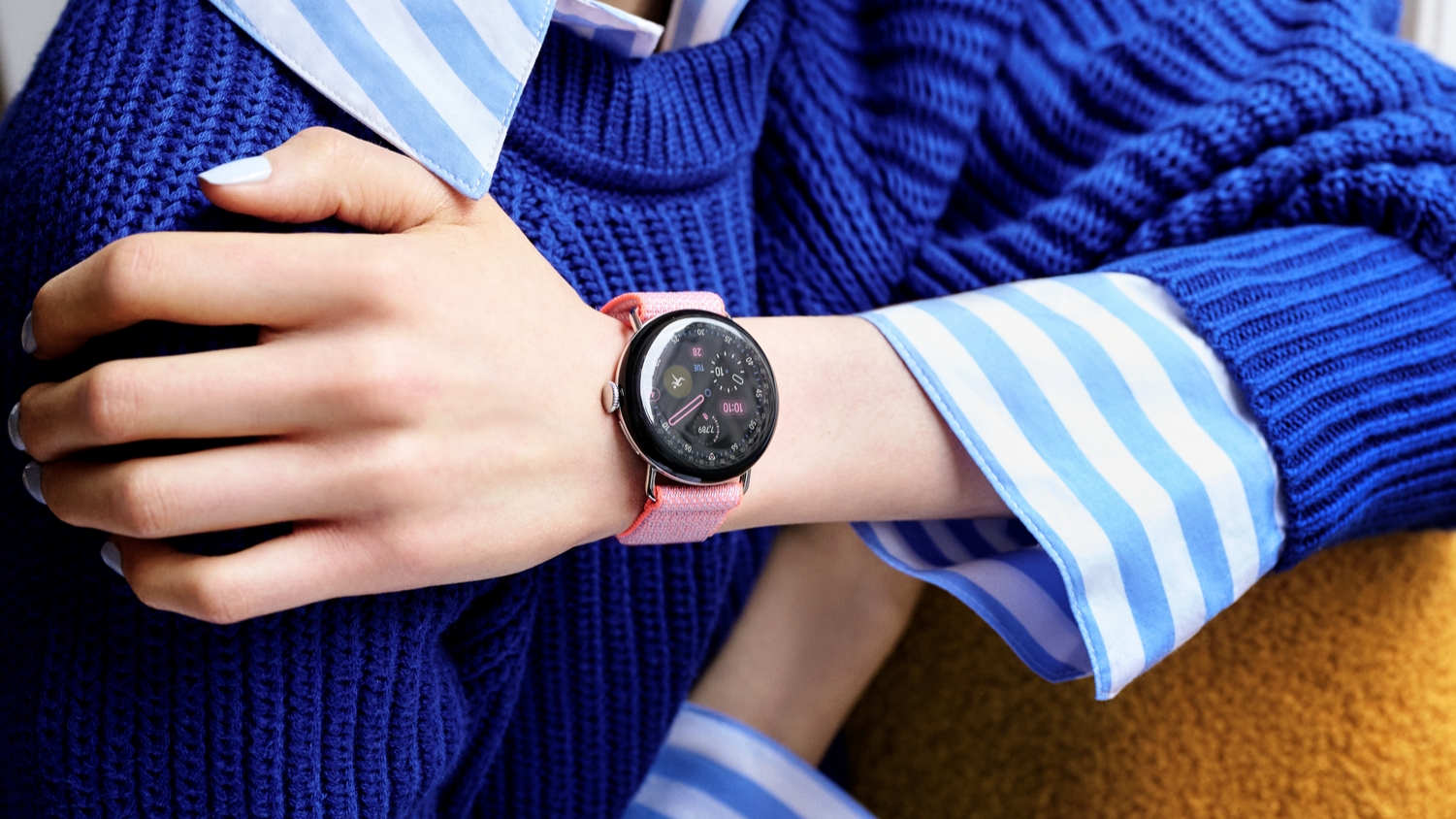
Several of my extended family members use an iPhone and a Fitbit, or did until they stopped making new Fitbits. I know they'd enjoy talking to a "smarter Siri" about losing weight or beginner workout routines, but they wouldn't buy a new phone or a tiny Fitbit Inspire band to try it, nor trade a week of battery life away for apps.
Likewise, most of my local running club members wear dedicated fitness watches that prioritize longevity. The Pixel Watch 4 might work for runners because its speedy charging could top off the used battery while they shower, but I don't know how many of them will be willing to lose that comforting battery buffer.
If Google sold a Fitbit Sense 3 or Versa 5 that got the Watch 4's new health sensors, better GPS accuracy, and satellite SOS paired with a week of battery life, both casual and serious athletes would trade away the other Pixel Watch 4 perks for that. Google would get a lot more Fitbit Premium subscribers, both Android and iOS.
Since that's unlikely to happen, we'll see if Google's Pixel exclusivity gambit pays off and more athletes switch to Pixel phones for these AI coaching insights.

Michael is Android Central's resident expert on wearables and fitness. Before joining Android Central, he freelanced for years at Techradar, Wareable, Windows Central, and Digital Trends. Channeling his love of running, he established himself as an expert on fitness watches, testing and reviewing models from Garmin, Fitbit, Samsung, Apple, COROS, Polar, Amazfit, Suunto, and more.
You must confirm your public display name before commenting
Please logout and then login again, you will then be prompted to enter your display name.

